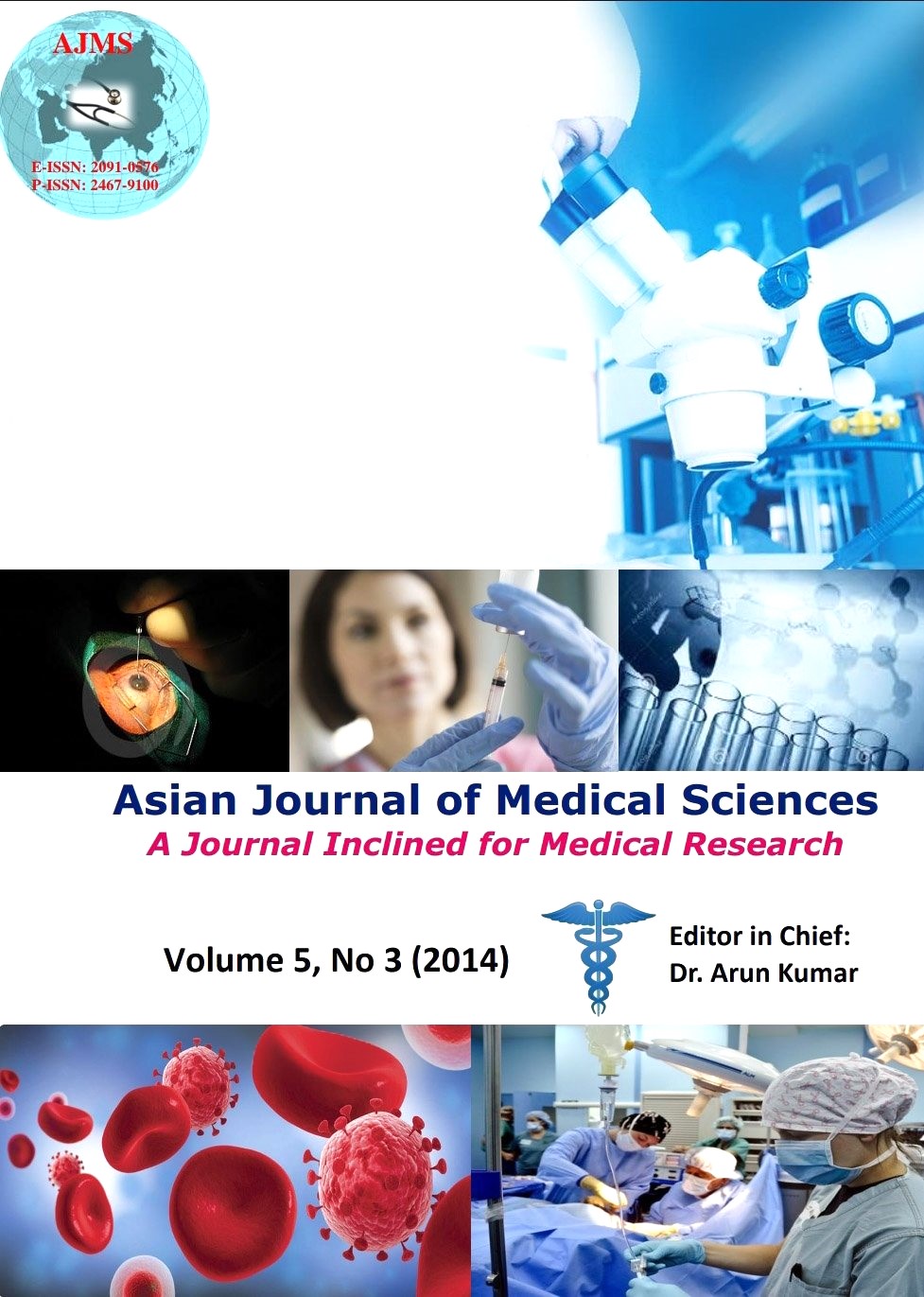Level of willingness to report to work during a pandemic among the emergency department health care professionals
Keywords:
Ability, Willingness, Emergency, Disaster, Health care providers, Report to workAbstract
Objectives: To quantify the knowledge and attitudes of Health care providers (HCP) towards their willingness to work during an influenza pandemic.
Methods: A Questionnaire based cross sectional study among the 350 emergency departments’ staff in seven different tertiary hospitals in Riyadh, Saudi Arabia was conducted in Jan 2010. A structured questionnaire with items to quantify the knowledge and attitudes of health care providers based on hypothetical scenario about the occurrence of H1N1 pandemic was developed. The questionnaire was validated before it was distributed among the study subjects. Data was analyzed using SPSS Pc+ 21.0 statistical software.
Results: Out of the 254 responders, 190 (74.8%) stated that they will report to work during a pandemic, 29 (11.4%) won’t, and 35 (13.7%) don’t know. From those who won’t report or don’t know; 29 (45.31%) won’t change their minds for salary increase, and 40 (62.5%) won’t change their mind even if it meant they were to be dismissed. About 93 (36.4%) of study subjects were of the opinion that, HCP without children should primarily look after the patients. Among the HCPs, higher number of consultants and nurses were more willing to work than other HCPs. The consultants were having positive attitudes towards working during pandemics.
Conclusion: Our results suggested that most participants were having positive attitudes towards willingness to work during an influenza pandemic. Their concerns should be considered, so that during a real situation faced, plans could be translated to reality smoothly.
Asian Journal of Medical Science, Volume-5(3) 2014: 58-62
Downloads
Downloads
Published
How to Cite
Issue
Section
License
Authors who publish with this journal agree to the following terms:
- The journal holds copyright and publishes the work under a Creative Commons CC-BY-NC license that permits use, distribution and reprduction in any medium, provided the original work is properly cited and is not used for commercial purposes. The journal should be recognised as the original publisher of this work.
- Authors are able to enter into separate, additional contractual arrangements for the non-exclusive distribution of the journal's published version of the work (e.g., post it to an institutional repository or publish it in a book), with an acknowledgement of its initial publication in this journal.
- Authors are permitted and encouraged to post their work online (e.g., in institutional repositories or on their website) prior to and during the submission process, as it can lead to productive exchanges, as well as earlier and greater citation of published work (See The Effect of Open Access).




